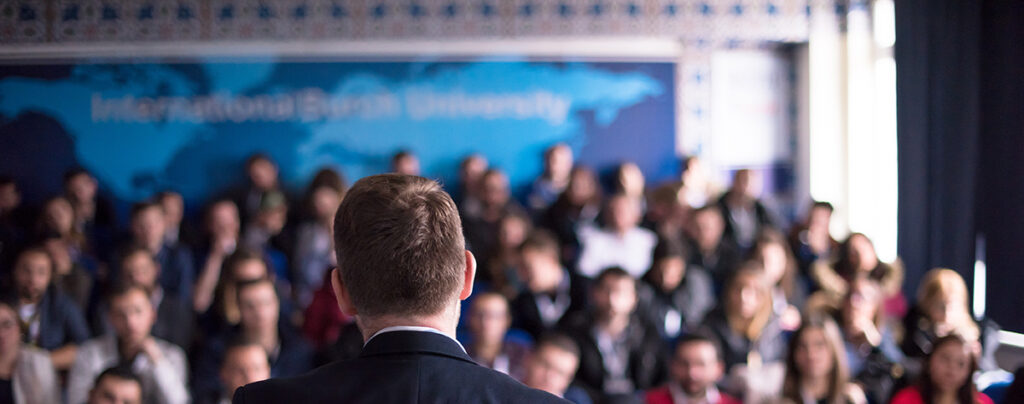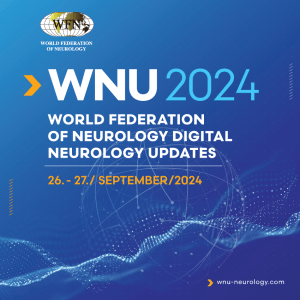
An original attempt for a one-day workshop by one of the prestigious Consultants of the National Hospital of Neurology and Neurosurgery, Dr Diego Kaski, proved a great success in the heart of Central London, at the British Transport Museum.
Following the heavy legacy and continuous success of Queen Square’s Dizzy course, this workshop – focussing on acute vertigo – was heavily subscribed by a large variety of professionals including Emergency Department clinicians, Physiotherapists, Audiologists, Scientists and GP practitioners. Its main aim was to introduce the audience to the basics of acute peripheral and central vestibular disorders, through a series of lectures delivered by worldwide leaders of the subject.
The hands-on sessions and interactive lectures were very fruitful, as they presented the audience with the opportunity to express all kinds of thoughts and questions, from basics up to more tortuous subjects. Given the ethnic and cultural diversity of the conference, the opinions and problems arising in different clinical environments certainly added experience to the understanding and treatment of vertigo and dizziness.
The conference opened with Professor Linda Luxon, who gave us a memorable lecture on the characteristics of central vertigo, comparing studies while adding her own professional experience. Dr Amanda Male, a Vestibular Physiotherapist at RNTNEH then followed with an update on the advances in physiotherapy and how it can be helpful to specific individuals suffering from disequilibrium.
Dr Diego Kaski, Consultant Neurologist and Chairman took the stand and introduced us to the practical sessions of the conference. By asking the delegates not only to observe but also to perform manoeuvres, such as the Semont and Epley repositioning manoeuvres for treatment of BPPV, he gave the audience the chance to practice their skills under the supervision of experienced Consultants.
Professor Adolfo Bronstein, Consultant Neurologist at the National Hospital of Neurology and Neurosurgery, gave a fascinating lecture on how to differentiate central from peripheral vertigo in acute settings, also providing specific examples and case reports.
Professor Doris Bamiou, Consultant in Audiovestibular Medicine at the Royal National Throat, Nose and Ear Hospital, gave an intriguing lecture on how the inner ear is vulnerable to stroke, introducing us to cortical agnosia and explaining auditory processing and auditory functions in stroke.
The afternoon sessions included a useful and informative discussion of the differences between vestibular neuritis and labyrinthitis, as well as a clear and practical overview of vestibular migraine by Dr Louisa Murdin. The workshop ended with a video-based case discussion focus- sing on the diagnosis and management of a variety of gait disorders that de-mystified and simplified such a complex and common neurological dysfunction.
The workshop has rightfully earned its place in the diary of Dizziness conferences in the UK.
The next meeting will be held at the Transport Museum on the 20th November 2018.

